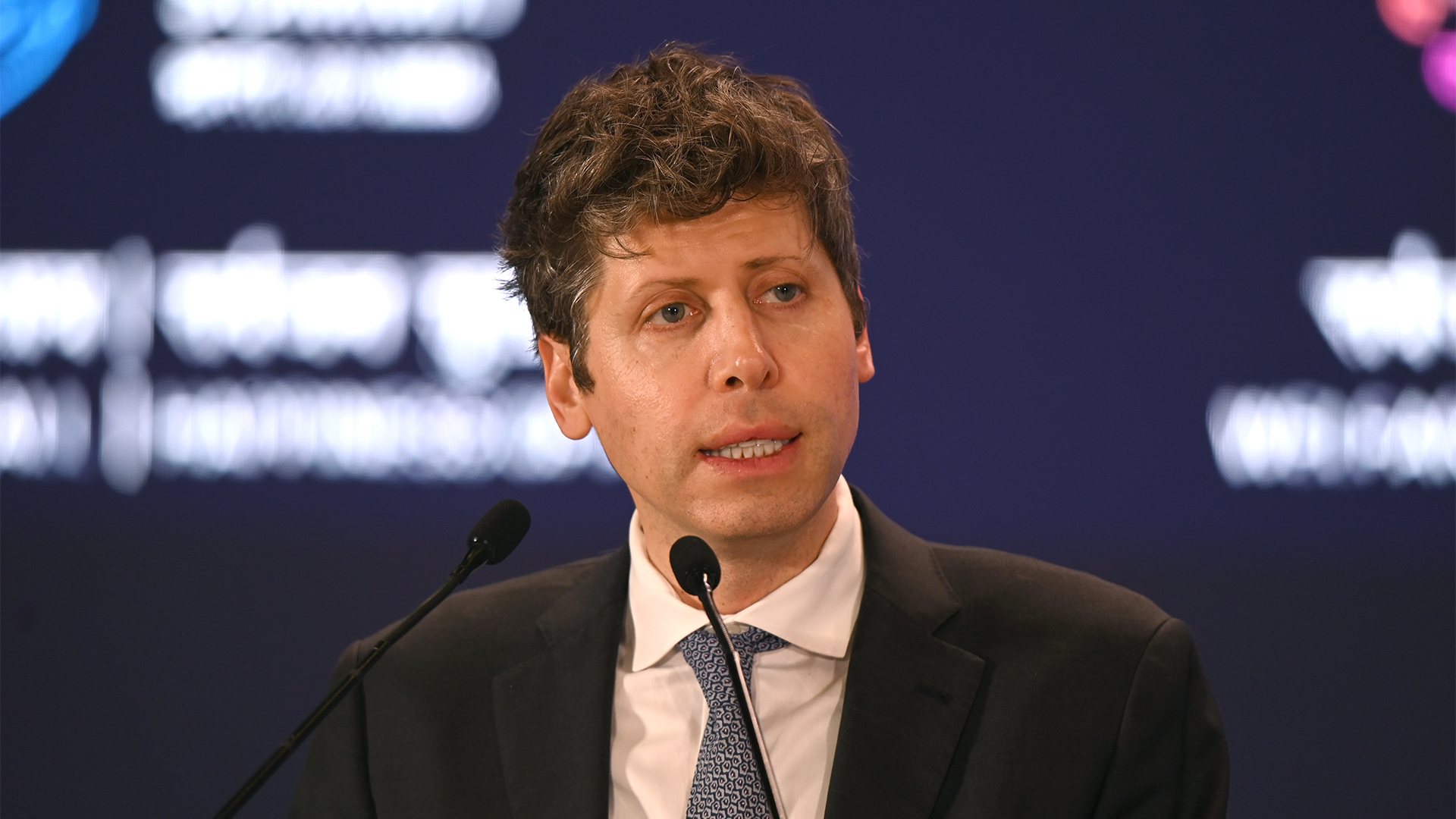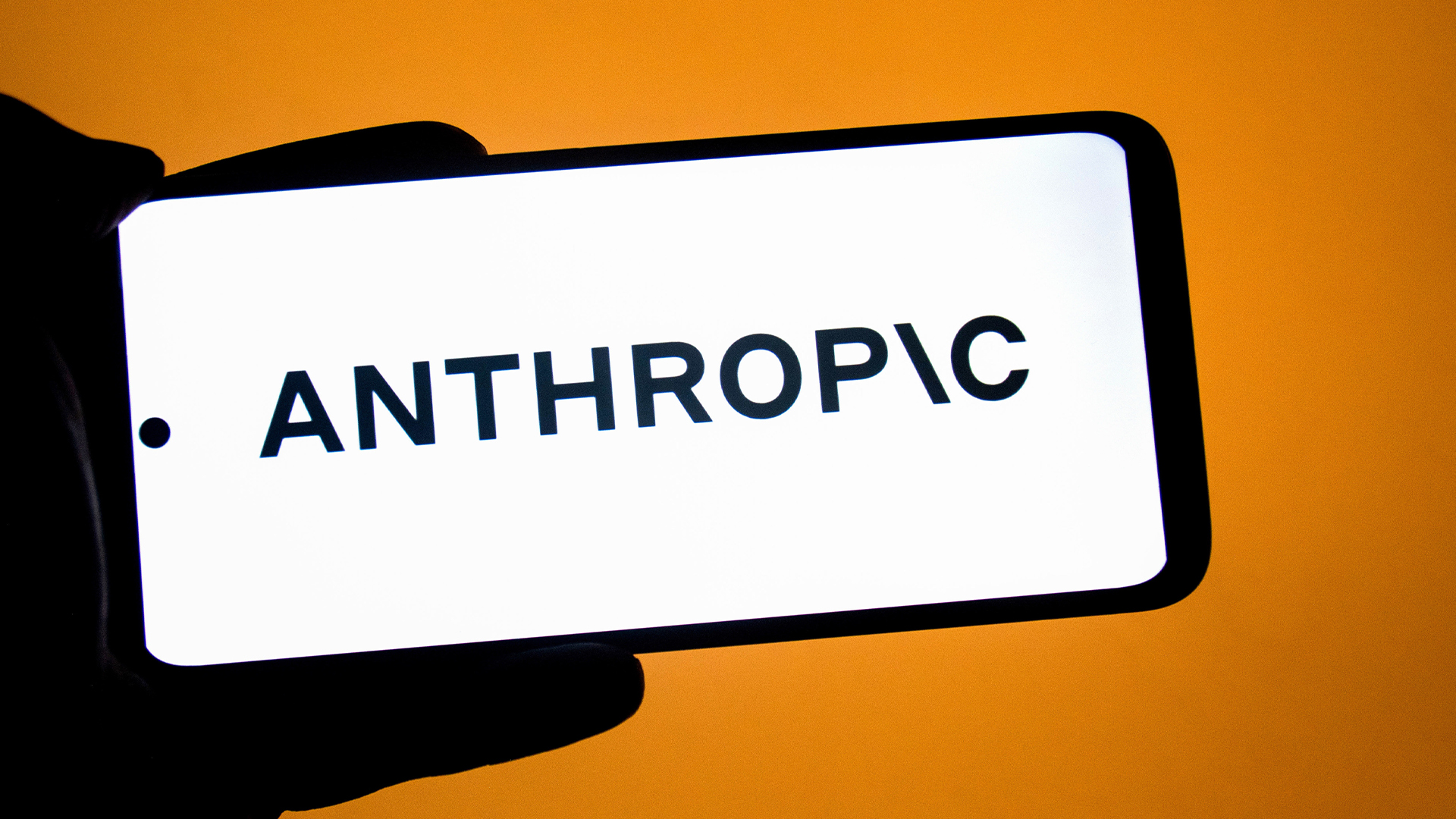This Stanford study shows AI is starting to take jobs – and those identified as highest risk are eerily similar to a recent Microsoft study
A new research paper from Stanford suggests AI is already having an impact on jobs


Sign up today and you will receive a free copy of our Future Focus 2025 report - the leading guidance on AI, cybersecurity and other IT challenges as per 700+ senior executives
You are now subscribed
Your newsletter sign-up was successful
AI may already be impacting early-career jobs, particularly roles featuring tasks that can be automated like software developers or customer service, according to a study by Stanford researchers.
In a working paper, Stanford researchers Erik Brynjolfsson, Bharat Chandar, and Ruyu Chen suggested workers in these roles represent the "canaries in the coal mine" when it comes to AI workplace disruption.
"We find that since the widespread adoption of generative AI, early-career workers (ages 22-25) in the most AI-exposed occupations have experienced a 13% relative decline in employment even after controlling for firm-level shocks," the paper said.
"In contrast, employment for workers in less exposed fields and more experienced workers in the same occupations has remained stable or continued to grow."
The researchers noted that overall employment is growing, but jobs for young workers have stalled since 2022.
"In jobs less exposed to AI young workers have experienced comparable employment growth to older workers," the report noted.
"In contrast, workers aged 22 to 25 have experienced a 6% decline in employment from late 2022 to July 2025 in the most AI-exposed occupations, compared to a 6-9% increase for older workers."
Sign up today and you will receive a free copy of our Future Focus 2025 report - the leading guidance on AI, cybersecurity and other IT challenges as per 700+ senior executives
What this suggests, the study noted, is that AI is actively impacting roles for younger people while those already in work are continuing to see opportunities. This has been a recurring talking point in recent months, with industry stakeholders warning that entry-level, white collar roles are particularly exposed to the impact of the technology.
But why is AI having such an impact on entry-level work? The study suggested that AI replaces "book learning" but is less able to replace tacit knowledge — "the idiosyncratic tips and tricks that accumulate with experience."
Essentially, that means older workers are harder to replace due to the fact they possess far greater levels of organizational knowledge than those fresh into the workforce.
Stanford AI study points to future opportunities
The report's other core findings included the fact that any employment declines tended to happen in occupations where AI could automate rather than augment human work — indeed, the latter may see growth in work opportunities.
"While we find employment declines for young workers in occupations where AI primarily automates work, we find employment growth in occupations in which AI use is most augmentative," the report noted.
"These findings are consistent with automative uses of AI substituting for labor while augmentative uses do not."
The report also noted that job cuts were more likely than pay reductions, with "little difference" in annual salary across age groups, as of yet at least.
Beyond that, researchers listed example occupations that were least exposed or most exposed to disruption from AI.
When it comes to automation, the most exposed included customer service representatives, software developers, accountants, receptionists, though augmentation could lead to disruption for registered nurses, repair workers and even CEOs, the report suggests.
Those least at risk of AI disruption include people doing in-person work: repair workers, cleaners, taxi drivers, and laborers.
This aligns closely with a recent study from Microsoft on professions exposed to automation, with researchers at the tech giant also highlighting customer service and administrative workers among those most at-risk.
Muddled picture
Various reports suggest a muddled picture of the impact of AI on work. Some say it isn't yet having an impact, including Salesforce CEO Marc Benioff, but several high profile tech companies — notably Cisco and Intuit — have pinned the blame for restructuring on AI.
A survey earlier this year suggested more than a third of UK tech leaders have cut staff because of AI adoption — though half said they acted too hastily — and Anthropic CEO Dario Amodei has warned that half of entry level jobs are at risk of disappearing entirely within the next five years.
The Stanford researchers believe they're right not just because of their methodology, but because patterns observed in the data didn't start showing up until late 2022, suggesting a notable change.
In this case, they suggest it's the proliferation of generative AI. OpenAI sparked the beginning of the generative AI ‘boom’ in late 2022 with the launch of ChatGPT, and its launch quickly sparked claims of a pending labor market apocalypse as a result of automation.
A study from Goldman Sachs in early 2023, for example, warned hundreds of millions of jobs globally could be impacted as a result of generative AI. While this widespread disruption hasn’t quite materialized, industry stakeholders have since ramped up warnings with the advent of agentic AI.
"While we caution that the facts we document may in part be influenced by factors other than generative AI, our results are consistent with the hypothesis that generative AI has begun to affect entry-level employment," the report notes.
Make sure to follow ITPro on Google News to keep tabs on all our latest news, analysis, and reviews.
MORE FROM ITPRO
Freelance journalist Nicole Kobie first started writing for ITPro in 2007, with bylines in New Scientist, Wired, PC Pro and many more.
Nicole the author of a book about the history of technology, The Long History of the Future.
-
 Salesforce targets telco gains with new agentic AI tools
Salesforce targets telco gains with new agentic AI toolsNews Telecoms operators can draw on an array of pre-built agents to automate and streamline tasks
-
 Four national compute resources launched for cutting-edge science and research
Four national compute resources launched for cutting-edge science and researchNews The new national compute centers will receive a total of £76 million in funding
-
 If you thought RTO battles were bad, wait until AI mandates start taking hold across the industry
If you thought RTO battles were bad, wait until AI mandates start taking hold across the industryOpinion Forcing workers to adopt AI under the threat of poor performance reviews and losing out on promotions will only create friction
-
 Sam Altman just said what everyone is thinking about AI layoffs
Sam Altman just said what everyone is thinking about AI layoffsNews AI layoff claims are overblown and increasingly used as an excuse for “traditional drivers” when implementing job cuts
-
 Google says hacker groups are using Gemini to augment attacks – and companies are even ‘stealing’ its models
Google says hacker groups are using Gemini to augment attacks – and companies are even ‘stealing’ its modelsNews Google Threat Intelligence Group has shut down repeated attempts to misuse the Gemini model family
-
 Why Anthropic sent software stocks into freefall
Why Anthropic sent software stocks into freefallNews Anthropic's sector-specific plugins for Claude Cowork have investors worried about disruption to software and services companies
-
 B2B Tech Future Focus - 2026
B2B Tech Future Focus - 2026Whitepaper Advice, insight, and trends for modern B2B IT leaders
-
 What the UK's new Centre for AI Measurement means for the future of the industry
What the UK's new Centre for AI Measurement means for the future of the industryNews The project, led by the National Physical Laboratory, aims to accelerate the development of secure, transparent, and trustworthy AI technologies
-
 Half of agentic AI projects are still stuck at the pilot stage – but that’s not stopping enterprises from ramping up investment
Half of agentic AI projects are still stuck at the pilot stage – but that’s not stopping enterprises from ramping up investmentNews Organizations are stymied by issues with security, privacy, and compliance, as well as the technical challenges of managing agents at scale
-
 What Anthropic's constitution changes mean for the future of Claude
What Anthropic's constitution changes mean for the future of ClaudeNews The developer debates AI consciousness while trying to make Claude chatbot behave better
